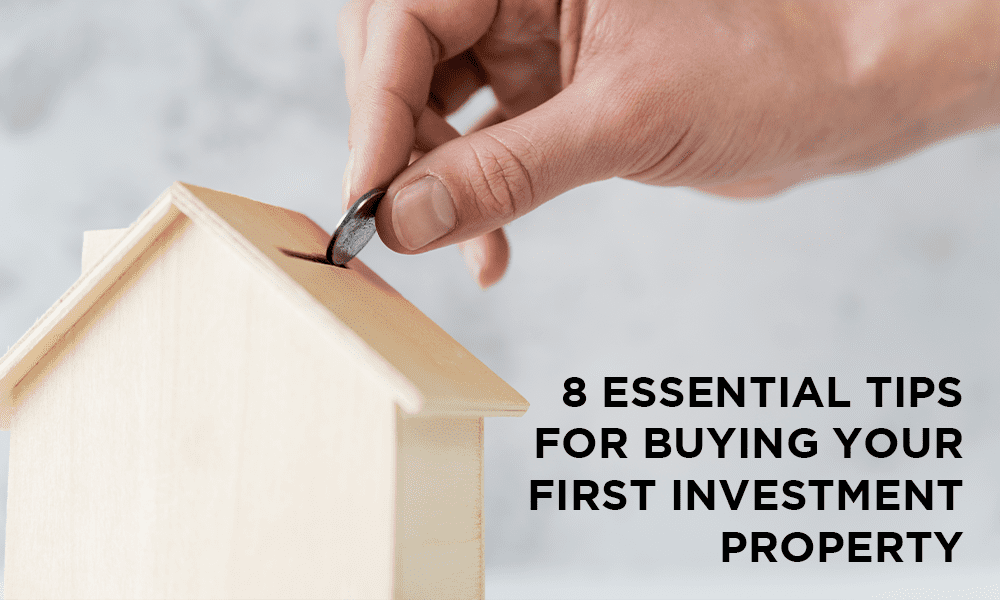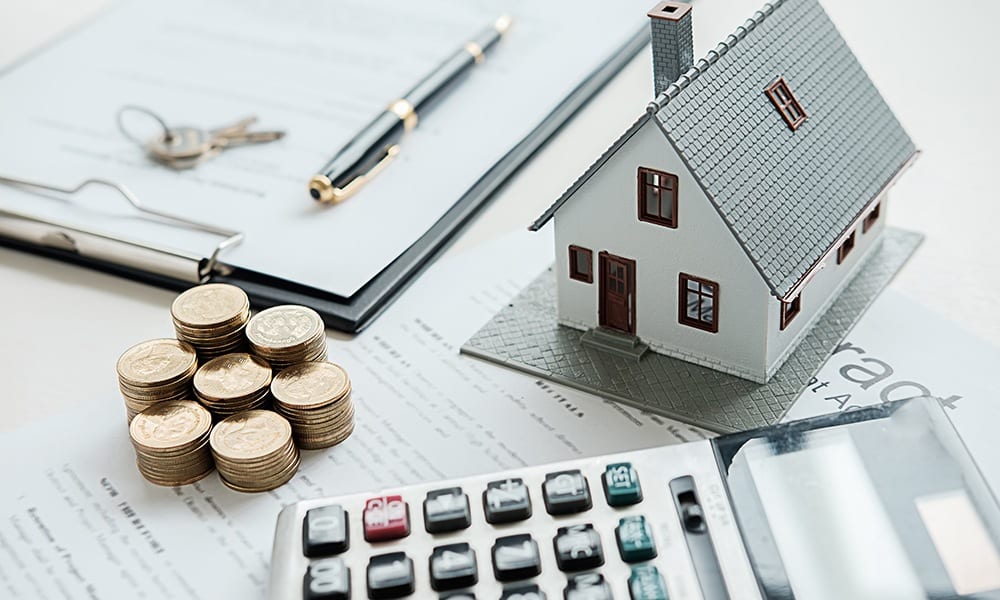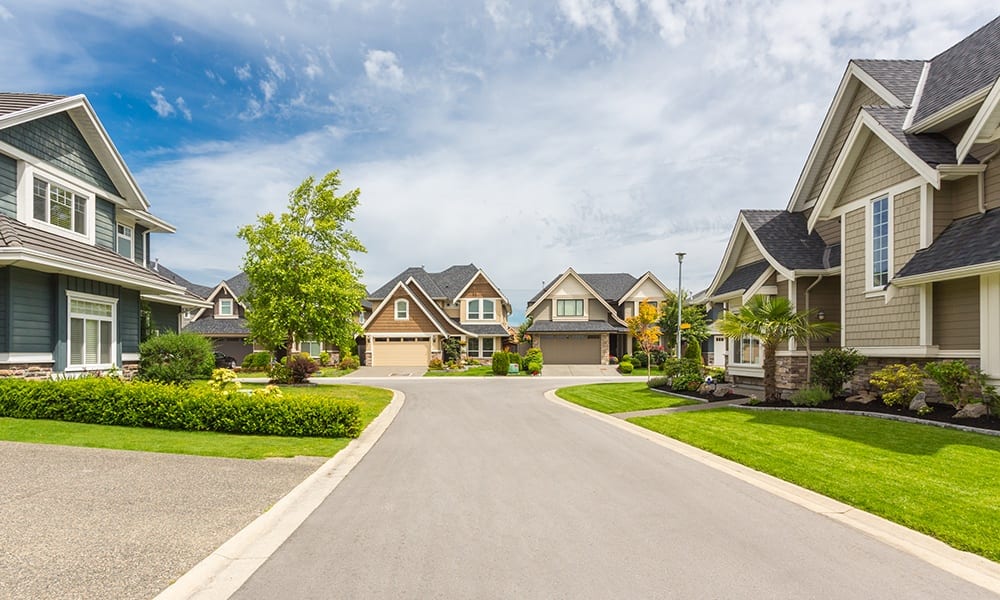
8 Essential Tips For Buying Your First Investment Property
November 13, 2020 7:00 am
Entering into the Canadian real estate investment market is a great way to boost your finances and generate passive income. However, there’s a lot more to it than simply purchasing a property, making a few changes, then selling or renting it out.
Here are a few first-time investment tips you’ll want to consider in advance.
1. Pay Down Your Debts
Credit cards, student loans, mortgage payments and other forms of debt will have a significant impact on your debt-to-income ratio – thus affecting your ability to save your down payment and obtain a low-interest mortgage. For this reason, we recommend significantly paying down (or clearing, if possible) any high-interest debts before beginning your investment journey.
2. Secure Your Down Payment…
The down payment required for your investment property will vary depending on a) the number of units in the building and b) whether or not you will be living in one of those units.
If you purchase a non-owner-occupied property, you will require a minimum down payment of 20% (as these properties do not qualify for mortgage loan insurance). Conversely, if you decide to live in one of the units, your property would then be considered owner-occupied and require the traditional down payment of only 5%.
3. …And Your Financing
As with any property purchase, it’s important to have your financing lined up before attempting to negotiate with sellers. However, the type of financing you choose will depend on your investment goals.
For instance, if you’re looking for a short-term purchase-rehab loan, a hard money loan via a private lender may be the way to go (they are quick, easy and ideal for budding investors who may not have a lot of upfront capital).
For long-term rental-based mortgages, seeking financing through a conventional banking institution or lender will likely be the better choice.
4. Crunch Some Numbers
Take care not to miscalculate costs, rents and values by considering the following:
Repairs and Carrying Costs – Factor in renovation costs (we recommend trying to keep these at a minimum for your first investment property) as well as the additional “carrying” costs you’ll need to pay while renovations are underway (i.e. mortgage, utilities, insurance, permits, etc.).
After-Repair Value / After Repair Rent– How much will you be able to sell/rent the property for after renovations? Be sure to check out comparable (renovated) properties in the area and consult with an expert Edmonton REALTOR®. Overestimating what the property is worth will affect your profit in the long run.
Ongoing Operation Expenses – Keep in mind, there are also non-mortgage related expenses associated with any investment property. These include items such as insurance, property taxes, maintenance, legal costs and vacancy rates. In short, your mortgage payment + non-mortgage expenses – rent = your overall cash flow.
5. Look For Multiple Income Streams
In our previous post, 7 Habits of Successful Real Estate Investors, we mentioned the importance of looking for a property with more than one unit – and we think it bears repeating.
Why?
Because multi-unit properties – such as a duplexes, fourplexes or single-family homes with an income suite – automatically equate to multiple income streams.
As a first-time investor looking to save money upfront, you may even choose to occupy one of these units as a means of reducing your investment property down payment (as mentioned above).
6. Research the Neighbourhood
When it comes to lucrative investment properties, location is everything. Just as you appreciate having much-needed amenities in your neighbourhood, so too will anyone looking to buy/rent your property. Additionally, better communities boast better property values – ultimately allowing you to sell or rent for more.
Look for the following:
- Schools
- Nearby shops and services
- Transit and nearby commuter roads
- Walkability
- Parks and green spaces
- Crime statistics in the area
- Vacancy rates
- Etc.
7. Don’t Let Your Emotions Get in the Way
For first-time investors it can be challenging to keep your emotions at bay – especially when you feel a sense of pressure to find the perfect property. However, by letting your feelings get involved, you run the risk of making poor financial decisions (i.e. paying far more than you should).
Instead, think of buying your first investment property as you would buying stocks or running a business (hint: it is a business) – it’s all about profit and expense.
8. Work with a REALTOR®
Of course, working with a reputable REALTOR® is key to saving time, money and stress on any property purchase. But working with an investor-friendly REALTOR® (one who specializes in investment deals) is imperative if you hope to come out on top:
- They can identify the most profitable properties on the market (even some that may not yet be listed)
- They will help you calculate your potential investment property ROI
- They will help you zero-in on the perfect neighbourhood
- They can offer advice on tax-related benefits
- They can help you determine if flipping or long-term renting is the right solution for your unique goals
- They will negotiate with sellers on your behalf to ensure you don’t overpay
- And more!
Are you interested in learning more about the Edmonton real estate market and its many lucrative investment opportunities? We can help get you started. Reach out to us today to find out how.
Related:
Photo credits: shutterstock.com
Tags: buying, investingCategorised in: Buying a Home, Real Estate Investing
This post was written by Terry Paranych Real Estate Group



